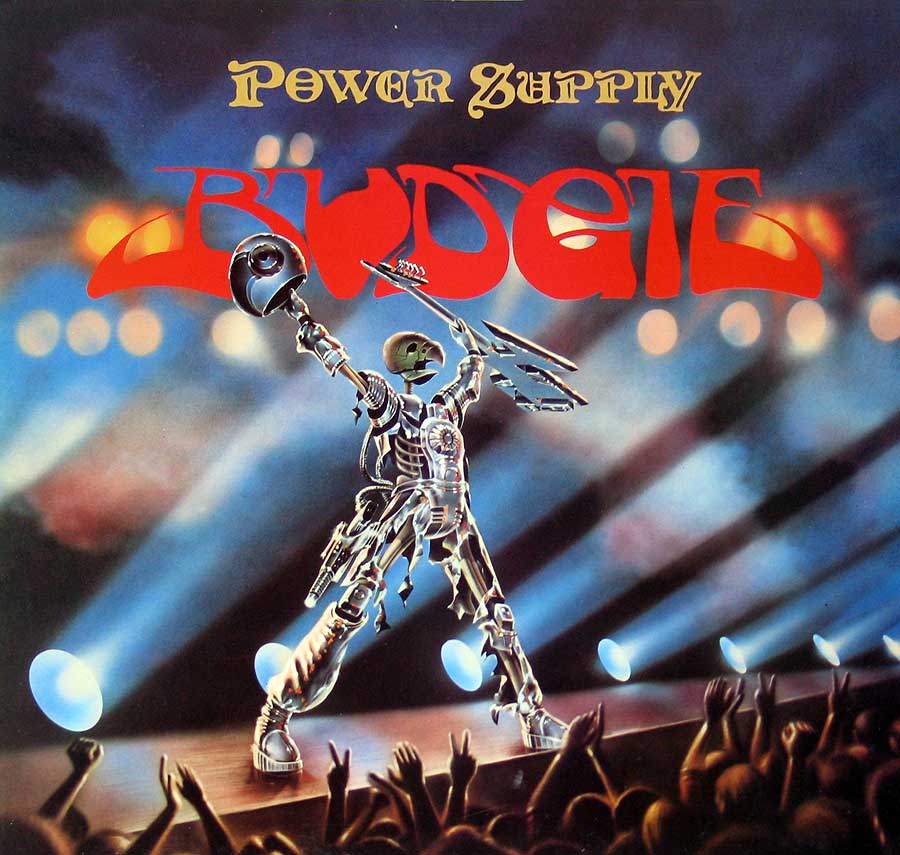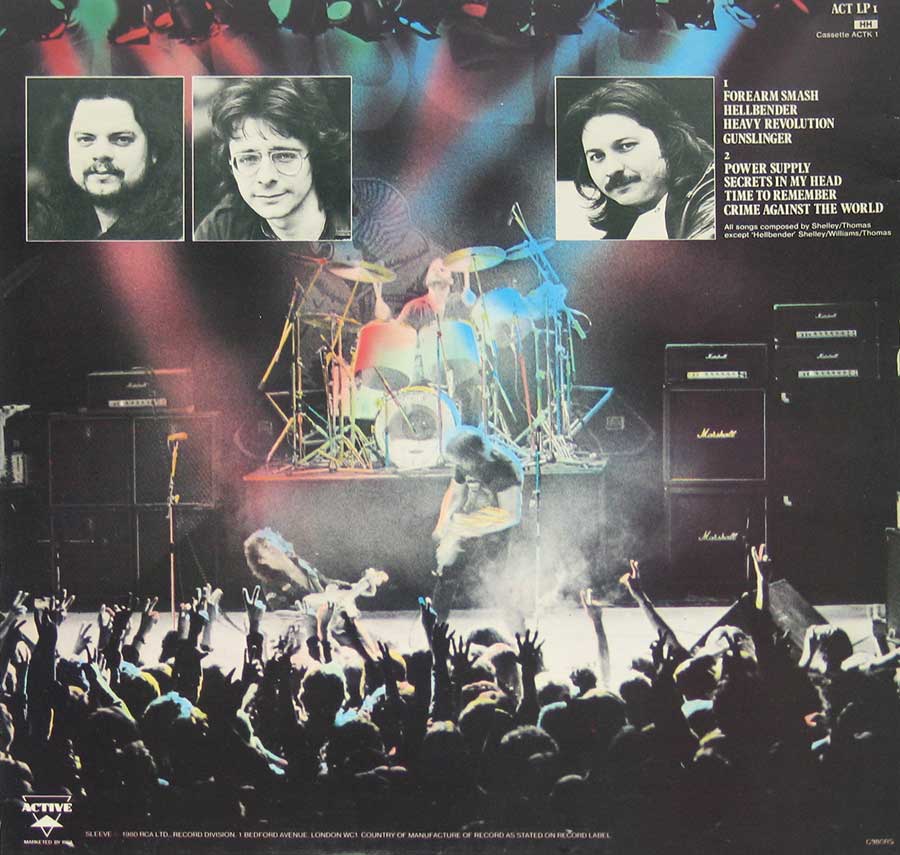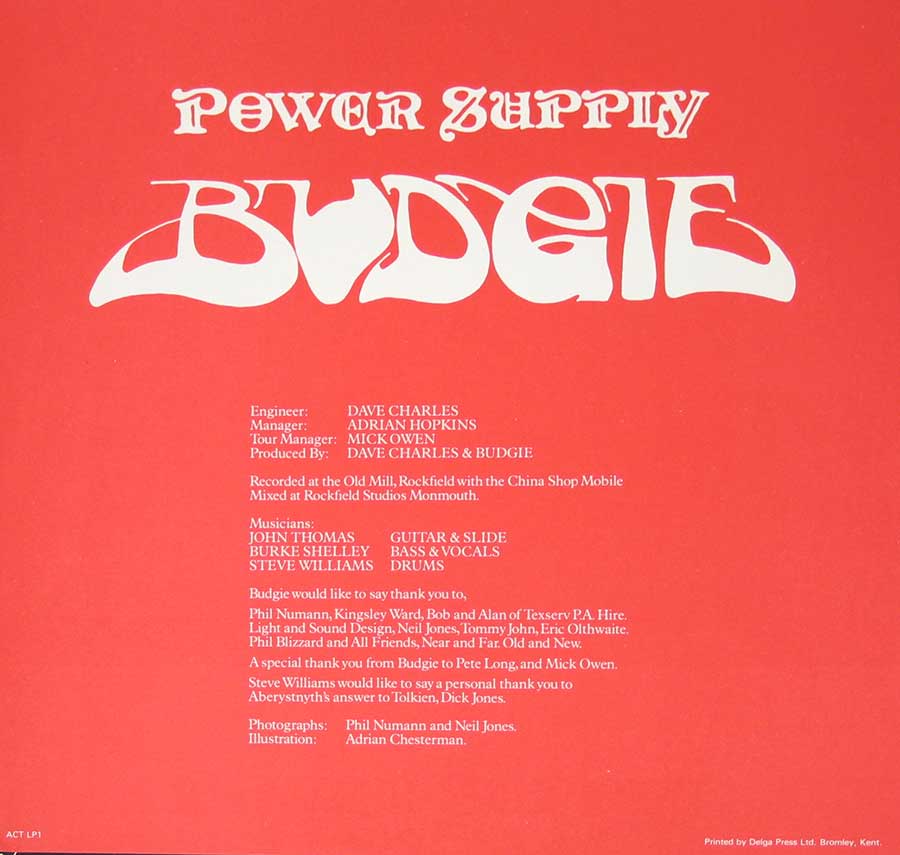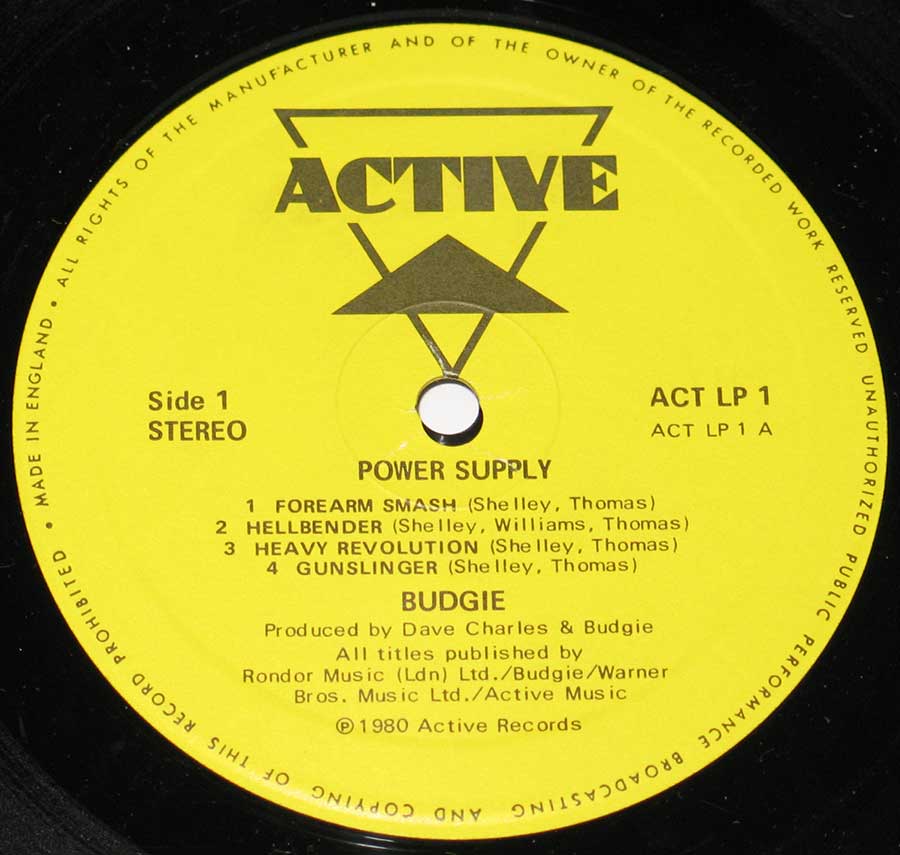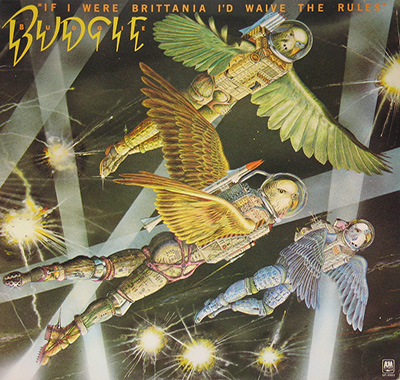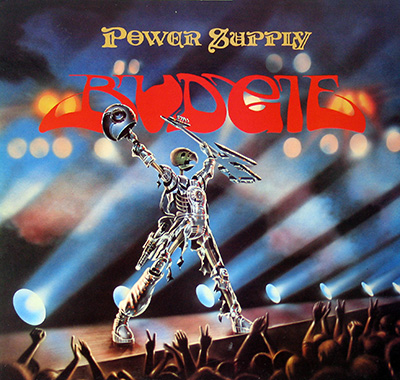Formed in Cardiff, Wales, in 1967, Budgie is a rock band that left an indelible mark on the music landscape with their innovative sound and dynamic performances. Comprising Burke Shelley (vocals/bass), Tony Bourge (guitar), and Ray Phillips (drums), the original lineup emerged as one of the pioneers of the hard rock and heavy metal genres.
Budgie's self-titled debut album, released in 1971, introduced their distinctive style, characterized by intricate guitar work, powerful basslines, and Shelley's unique vocal delivery. Their second album, "Squawk," further solidified their reputation for combining hard rock with progressive elements, earning them a dedicated fanbase.
In 1973—following the release of "Never Turn Your Back on a Friend" with Ray Phillips on drums—Phillips departed and was replaced by Pete Boot, marking a pivotal moment in Budgie's evolution. "Never Turn Your Back on a Friend" (1973) garnered critical acclaim and fan momentum, featuring the enduring track "Breadfan." The album's combination of heavy riffs and Shelley's emotive vocals established Budgie as a force to be reckoned with in the emerging heavy metal scene.
"Budgie" (1971) and "In for the Kill!" (1974) continued to showcase their sonic prowess, while "Bandolier" (1975) and "If I Were Britannia I'd Waive the Rules" (1976) ventured into more progressive territories, emphasizing their musical versatility.
Budgie's lineup underwent changes over the years, with Steve Williams replacing Pete Boot on drums in late 1974 and Myf Isaac joining as a second guitarist for select live dates (not keyboards). Keyboards in the early 1980s were handled by additional players, including Duncan Mackay (session) and Lindsey Bridgewater (touring). The late 1970s saw the release of "Impeckable" (1978) and "Power Supply" (1980), the latter showcasing their signature blend of hard rock and progressive influences.
The 1980s marked a shift as Budgie pursued new musical directions. While their popularity slightly waned, their legacy remained influential. The band eventually disbanded in 1988, but their impact endured. Many bands, including Metallica and Soundgarden, cited Budgie as an inspiration.
In 1995, Burke Shelley reformed Budgie with new members. The band continued to perform live and released new material, showcasing their enduring relevance. Despite lineup changes, Shelley remained the sole constant member.
Budgie's legacy continues to resonate. Their ability to blend hard rock, progressive rock, and heavy metal set them apart, influencing generations of musicians. Their intricate compositions, powerful performances, and pioneering spirit have secured their place in rock history, cementing Budgie's status as true rock innovators.
